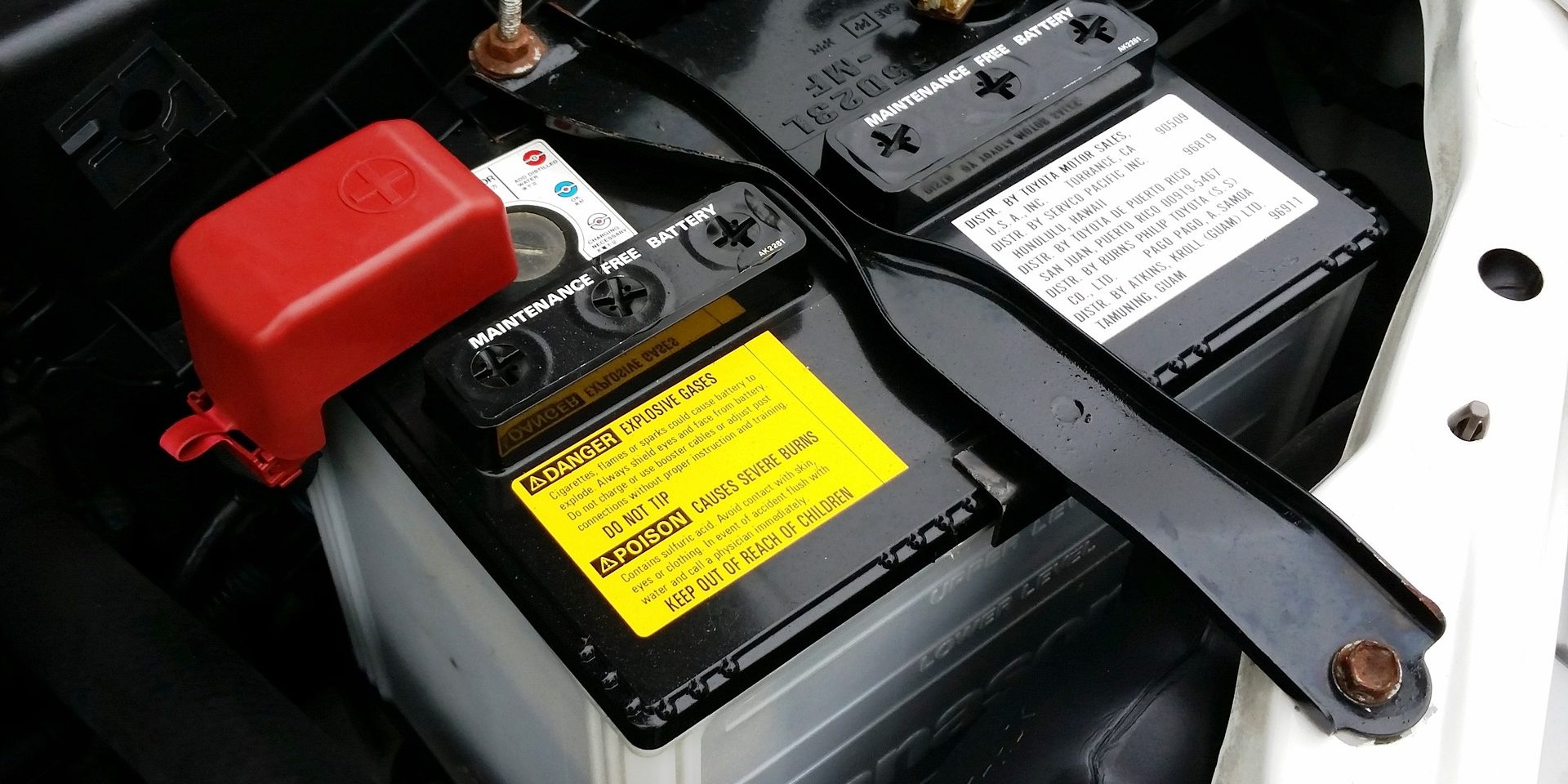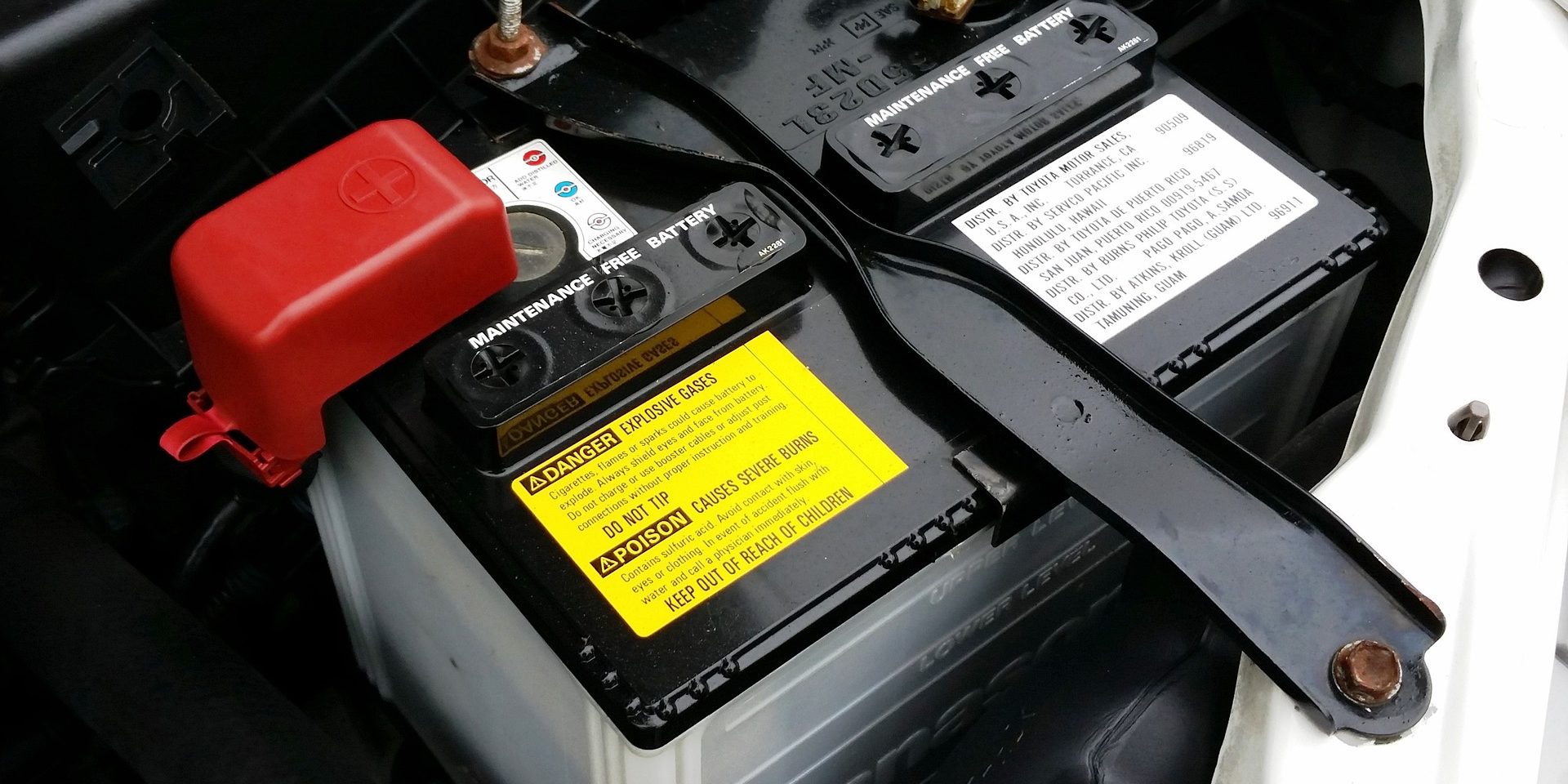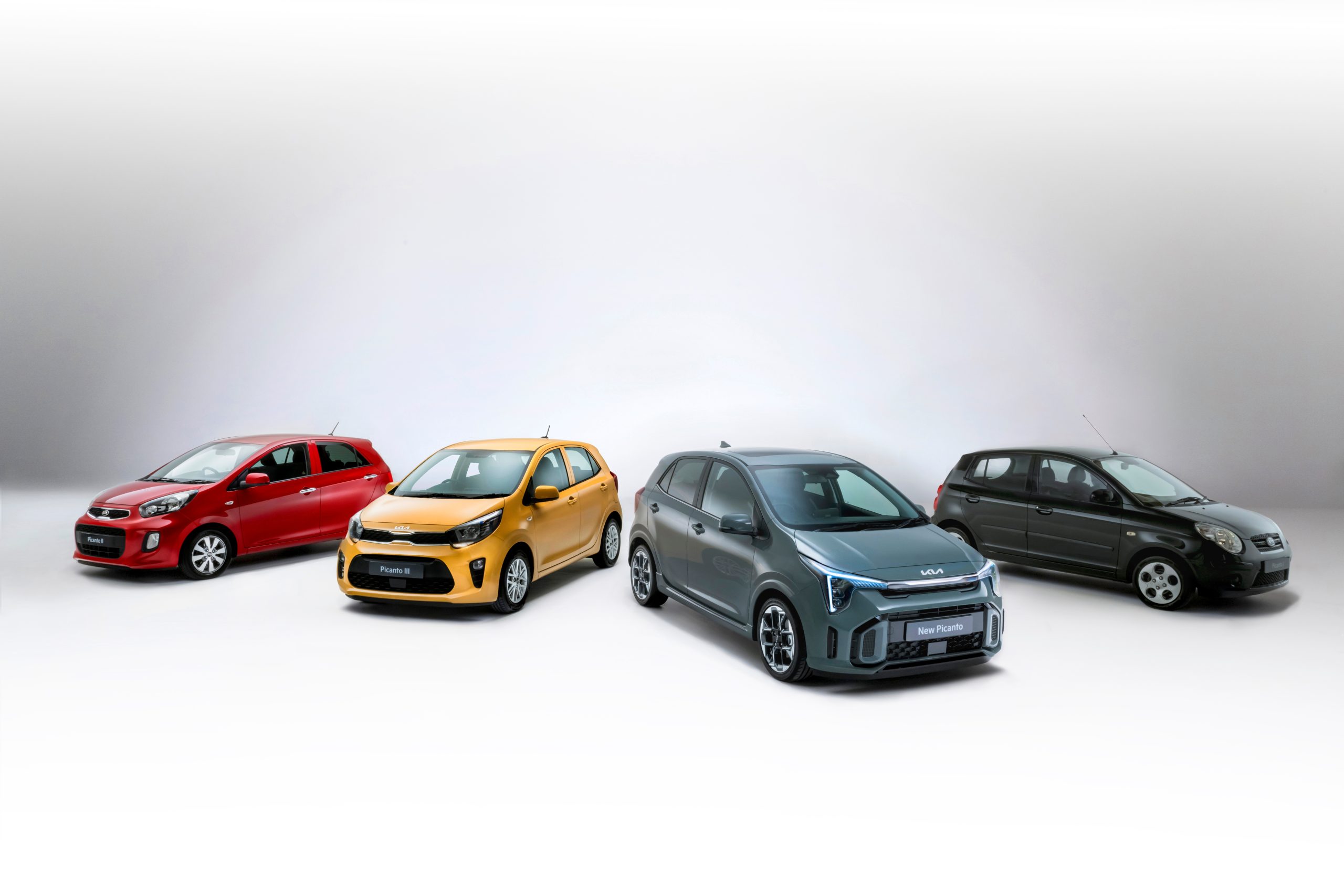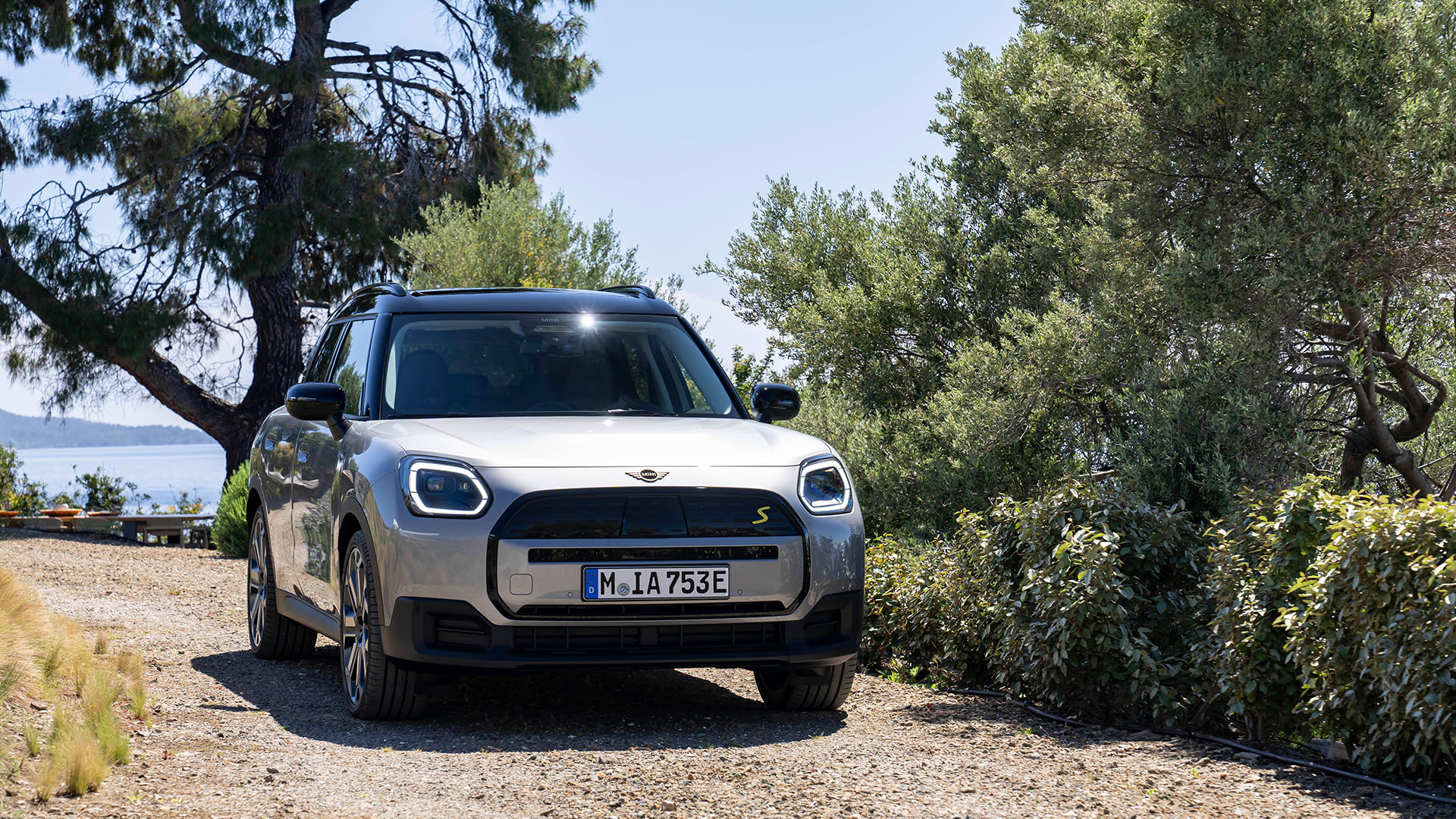How Much Does A Car Battery Weigh?


Car batteries are essential energy storage units for most gas-fueled cars that provide the power to get the engine running. The weight of a car battery varies depending on its size, design, and capacity. The typical lead-acid battery weighs around 40 pounds, while some Lithium-ion batteries can weigh as little as 20 pounds. Considering the critical role it plays in starting the car engine, it’s crucial to understand how much your car battery weighs before purchasing a replacement or transporting it.
It’s worth noting that car battery weight also varies by chemistry; some types of batteries weigh more than others. For example, flooded lead-acid batteries tend to be heavier than their sealed counterparts because they contain liquid acid electrolyte. On the other hand, Lithium-Ion is gaining popularity in electric cars due to its energy per mass storage advantages.
Battery weight is an important factor when selecting a replacement since lighter-weight options may offer better performance and efficiency while reducing fuel consumption and emissions. It’s also essential to understand that improperly handling heavy-weight batteries could result in personal injury or property damage.
Pro-tip: Before removing or replacing your car battery, exercise caution and follow all manufacturer instructions for safe removal and disposal procedures.
Weight of Car Batteries
To understand the weight of car batteries, you need to delve into the different types and average weights of these batteries. In order to provide you with a comprehensive solution, this section titled ‘Weight of Car Batteries’ includes two sub-sections – ‘Types of Car Batteries’ and ‘Average Weights of Car Batteries by Type’.
Types of Car Batteries
When it comes to the world of car batteries, there are several different types that you might come across. Some of these varieties include lead-acid, AGM, and lithium-ion options. Each type has its own unique advantages and disadvantages based on your specific needs and driving habits.
To better understand the differences between these types of car batteries, let’s take a closer look at each one in a convenient table:
| Battery Type | Pros | Cons |
|---|---|---|
| Lead-Acid | Affordable | Prone to sulfation & water loss |
| AGM | Better performance in high temps/cold weather | More expensive than lead-acid |
| Lithium-Ion | Lightweight and long lifespan | Very expensive initially |
It’s worth noting that there are some additional factors to keep in mind when choosing a car battery beyond simply considering the type. Some of these might include the battery’s capacity (which can affect overall performance), as well as compatibility with your specific vehicle make and model.
When choosing a new car battery, it’s important to take into account your individual needs and driving habits. For example, if you frequently drive in extreme temperatures or use high-demand electrical features like heated seats or GPS systems regularly, an AGM or lithium-ion battery might be worth the extra cost for better durability.
Ultimately, taking care of your car battery through proper maintenance like regular charging and careful storage can also help extend its lifespan regardless of type. By carefully evaluating all these factors along with the various types of car batteries available on the market today, you can make sure you choose the right option for your vehicle to keep it running smoothly for years to come.
Get ready to carry some extra weight in your trunk, because these car batteries are not slimming down anytime soon – unless you opt for the lightweight lithium-ion variety.
Averages Weights of Car Batteries by Type
Car Battery Weights according to their Type
Explore the table below to learn about the average weights of various car batteries based on their types. The following data includes accurate and up-to-date information on common car batteries.
| Battery Type | Average Weight (lbs) |
| Lead Acid | 39 |
| Flooded Lead Acid | 38 |
| Gel Cell | 26 |
| AGM (Absorbent Glass Mat) | 30 |
It is important to note that battery weight may vary depending on the manufacturer and size of the battery. AGM and Gel Cell batteries are generally lighter than traditional lead-acid batteries, making them a popular choice among car owners who prefer a lighter load.
Pro Tip: Consider the weight of your car battery when selecting a replacement or upgrading it. A heavier battery may put additional stress on the car’s suspension system, causing unnecessary wear and tear in the long run.
Factors Affecting Car Battery Weight
To understand the factors that affect the weight of a car battery, you need to consider its size, capacity, and chemistry. By exploring these sub-sections, you can gain insight into the various elements that determine the weight of a battery.
Battery Size
For Battery Size, the weight of a car battery is primarily determined by its dimensions. The larger the battery size, the more lead and acid are needed to fill it, resulting in greater overall weight. Additionally, batteries with larger capacity tend to have thicker plates which adds more weight.
Below is a table depicting Battery Size with its respective dimensions and weight of popular car battery models:
| Battery Model | Dimensions (LxWxH) | Weight |
|---|---|---|
| Model A | 9.06 x 6.89 x 7.68 in | 31 lbs |
| Model B | 12.04 x 6.61 x 9.13 in | 44 lbs |
| Model C | 10.87 x 7.48 x 7.99 in | 38 lbs |
Other factors that affect battery weight involve the materials used for its construction such as aluminum or plastic cases instead of steel, which can reduce overall weight but also durability.
To minimize the amount of weight added to a vehicle by a car battery, it is recommended to choose a smaller-sized battery depending on the automobile’s power requirements and also consider opting for alternative materials such as lighter casing materials including composites or modified alloys, carbon fibers, or polymers-based materials that do not compromise safety or performance standards but reduce overall battery weight without sacrificing performance abilities.
Battery Capacity
The physical attributes of a battery influence its effectiveness and efficiency. One crucial determinant is Battery Power, which indicates the amount of electrical charge a battery can hold and disperse. Looking closely into Battery Power, we can understand some contributing factors.
| Brand name | Capacity (Ah) | Physical Weight (lbs) | Price ($) |
|---|---|---|---|
| Brand A | 40 | 30 | $100 |
| Brand B | 50 | 35 | $120 |
| Brand C | 60 | 40 | $140 |
| Brand D | 70 | 45 | $160 |
Different brands have varying dimensions for their batteries, resulting in different capacities represented by Ah or Ampere-hour. The higher the Ah value, the more charge capacity a battery can store and provide to your vehicle.
It is essential to note that batteries with higher capacities tend to have more significant physical weight compared to those with lower capabilities. This additional weight affects car mileage and overall performance; hence choosing an appropriate balance between capacity and weight is necessary.
If you need to replace your car battery’s current unit, it might be helpful to consider similar models from friends or family members’ experiences. One such story highlights an individual who opted for a high-capacity battery but overlooked its extra weight consequently affecting their vehicle’s performance until they replaced it with a more balanced one.
Battery Chemistry
Battery Science
Different types of battery chemistry can significantly impact the weight of a car battery. The two most common types are lead-acid and lithium-ion batteries. Lead-acid batteries have a higher weight due to their use of lead plates and acid electrolytes, while lithium-ion batteries weigh less due to their compact design and lighter materials.
The table below compares the weights of different battery chemistries commonly used in car batteries.
| Battery Chemistry | Weight (lbs) |
|---|---|
| Lead-Acid | 39-50 |
| Lithium-Ion | 10-20 |
It is interesting to note that lithium-ion batteries can weigh up to 75% less than lead-acid batteries. This makes them an ideal choice for electric vehicles, where weight reduction is critical for improving efficiencies.
Innovative research on Battery Chemistry
Scientists are currently researching new types of battery chemistry that could revolutionize the automotive industry further. One such development includes solid-state batteries, which replace liquid electrolytes with solid ones. These batteries are non-flammable, safer to use, and have a longer lifespan while being lightweight.
A True Story
Ford faced significant challenges when it launched its first electric vehicle in 2011 because it used heavy lead-acid batteries, resulting in low efficiency. But things changed after they incorporated advanced lithium-ion technology into their newer models; the cars became lighter and more efficient.
Whether you’re Team Light Battery or Team Heavy Battery, we can all agree that at least our cars won’t be mistaken for paperweights anytime soon.
Conclusion
Car batteries come in various sizes and weights based on their capacity. The weight of a car battery can vary depending on the type and size of the vehicle as well. Generally, a typical car battery weighs approximately 40 pounds or 18 kilograms. However, high-performance batteries can weigh up to 60 pounds or 27 kilograms.
The weight of the car battery may also differ depending on its chemistry, such as lead-acid batteries, lithium-ion batteries, and nickel-cadmium (NiCad) batteries. As lead-acid batteries are commonly used in cars, they usually weigh around 40 to 50 pounds or 18 to 23 kilograms.
It is important to note that battery weight plays a crucial role in determining the performance of the vehicle, especially when it comes to acceleration and fuel efficiency. Battery technology is constantly evolving to improve both power output and energy storage.
A report by Autoblog states that electric car company Tesla‘s largest battery weighs nearly two tons, which converts to almost four thousand pounds or approximately one thousand eight hundred kilograms.
Frequently Asked Questions
1. How much does a typical car battery weigh?
A typical car battery weighs around 40-50 pounds.
2. Does the weight of a car battery vary based on the type of vehicle it’s used in?
Yes, the weight of a car battery can vary based on the size and type of vehicle it’s used in. Larger vehicles may require a heavier battery to power their larger engines.
3. Is there a standard weight for all car batteries?
No, there isn’t a standard weight for all car batteries. The weight can vary based on the manufacturer and the specific model of the battery.
4. Can the weight of a car battery affect the performance of the vehicle?
Yes, the weight of a car battery can affect the performance of the vehicle. A heavier battery can put more strain on the engine, which may reduce its overall performance.
5. How can I find out how much my specific car battery weighs?
You can usually find the weight of your car battery by checking the manufacturer’s website or by looking at the documentation that came with the battery. You can also weigh the battery yourself using a scale.
6. Are there any safety precautions I should take when handling a car battery?
Yes, there are safety precautions you should take when handling a car battery, as they contain chemicals that can be hazardous. Wear gloves and eye protection, handle the battery carefully and do not expose it to extreme heat or flames.











[…] alternator is faulty, you may need to run your engine for longer than usual. Additionally, if your car has an older or smaller-sized battery, it may not recharge effectively even after several hours of […]
[…] usage in cars is a common power-consuming activity that can often lead to battery depletion. The amount of power used by the car radio depends on various factors, such as the type […]
[…] friend once tried to jump his car in frigid weather but the battery was too far gone for him to succeed. He broke down at midnight, waiting for tow truck assistance on […]
[…] off the car completely and disconnect its battery before proceeding with […]
[…] for proper diagnosis. These strategies involve checking the battery’s voltage and its ability to maintain a charge under […]
[…] a car battery’s voltage is a straightforward process that involves using a multimeter and understanding the […]